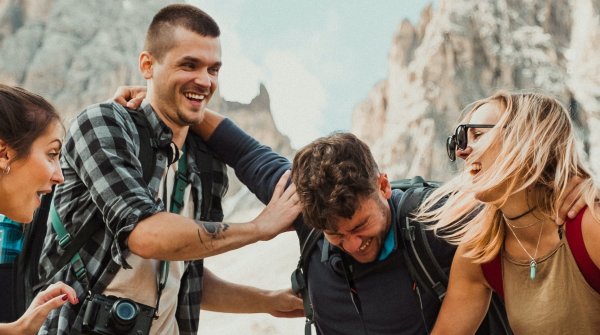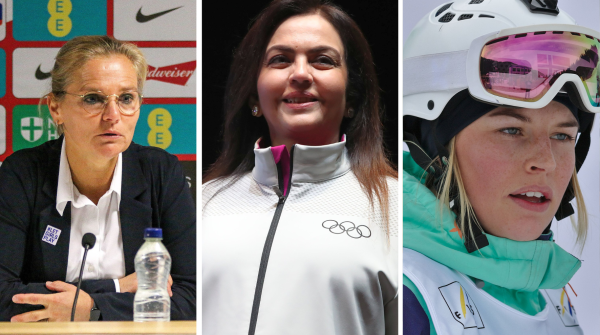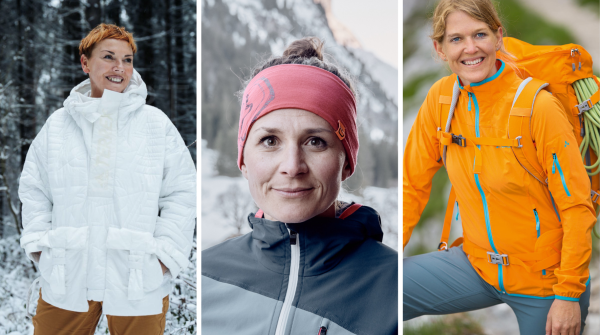Thomas Dreßen has written sports history. Winners on the Streif become legends, so it says. And Dreßen is quite simply the most unexpected winner: Up to that point, he had achieved no World Cup victory and never crossed the finish line in Kitzbühel, but then, he suddenly became the first German winner in 39 years (the first since Josef Ferstl).
A few days after his victory, Dreßen was already fully focused on the rest of the World Cup season when he sat down for an interview with ISPO.com.
ISPO.com: How did you and do you cope with all the hullabaloo and the many inquiries from the media after the win?
Thomas Dreßen: Together with the press team, we make sure the events don’t get overwhelming. That’s why I only made two TV appearances after the race in Kitzbühel. With having to concentrate on training once again, that’ll have to do for now.
Mathias [Berthold, head coach of the German men’s Alpine ski team] and the others from the team had already spoken with me a lot after the third-place in Beaver Creek and prepared me for what it’s like to be in the spotlight more often. The German Ski Association (DSV) team really prepared me well.
Now, in the upcoming races, I have to try to get myself in the same condition and frame of mind as in the previous races. And that involves looking forward to every race.
Did you ever in your wildest dreams think you would win in Kitzbühel?
As a little kid you obviously dream about being there in Kitzbühel and then also winning. But to have it actually happen, that really was a surprise for me. I mean, the whole season did go really well. In Beaver Creek, I came in third despite an error.
Kitzbühel was the first run this season where I made no mistakes. I was confident of being fast. But I wouldn’t have thought I’d be that fast.
You say that the German Ski Association supports you very well...
...and, from the equipment side of things, I have a really strong partner by my side with Rossignol. I’ve used Rossignol skis for as long as I can remember. Even as a young boy, I was in the Junior Race Program run by Rossignol. I have a really good relationship with the people at Rossignol. I’m also really proud to be able to be a part of the company and the Rossignol “Band of Heroes.” Of course, I’m really happy when I can give something back with a win.
The Rossignol Band of Heroes consists of the best athletes from many types of skiing: Alpine, cross-country, freestyle, skiers with disabilities. In Kitzbühel, you all came together to take this spectacular photo on the Streif (see below). Does that give people an extra boost when so many athletes are in one place like that?
Yes, very much. For example, I was just over the moon that Didier Defago was there at the World Cup and spoke with me about it after the race. He’s now working with Rossignol, and he’s also won in Kitzbühel (downhill winner 2009, Super-G 2014). That really is a cool story because Defago is also a role model for me that way.

Naturally, for a win like that, everything has to be just right. How important is the set-up of the skis for your form?
At the moment, my set-up is working really well for me. Now I’m looking forward to the new design and the fact that everyone will soon have the new skis and I can go on the attack with the new design.
With the Hero Elite ST Ti, Rossignol is now offering all amateur athletes skis that use the same technology as racing skis. With the so-called LCT design, a Titanal Power Rail is built into the ski, which eliminates the inverse flexion of the ski. This increases dynamic track control and stability. The skier has consistent edge contact and feels fewer vibrations. They use this technology in the World Cup. How do amateur skiers benefit from it?
It’s a really cool thing that amateur skiers are now skiing just like us racers when it comes to the skis. I’m sure they’ll all have a lot of fun with it.
You’ve won the biggest ski race in the world. What can top that? What goals do you have now?
I’m not really first and foremost a results-oriented athlete. For now, I’m concentrating on the skiing itself. My goal is to get my personal maximum at every run. If I do that, things turn out really well - just like now in Kitzbühel. But in the next race, I could possibly come in 15th or 20th again. And I have to be satisfied with that. It’s important to me to get my full performance. What comes out at the end of the day, we’ll have to see.
Is that how you’re approaching the Olympic Games in Pyeongchang? You’re one of the favorites there.
I’ll fly over there and try to get my performance. After the World Cup last year, it will be my second major event. I still don’t have all that much experience in that area yet.
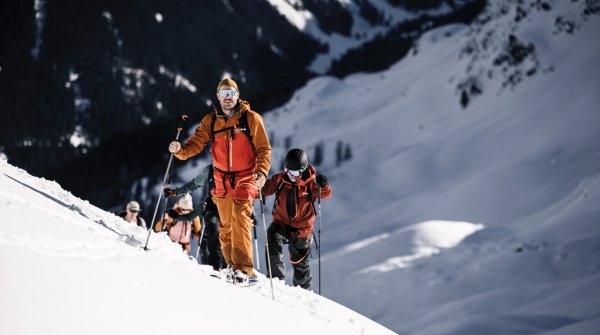 Sports BusinessBetween powder and principles: Ski tours with added value
Sports BusinessBetween powder and principles: Ski tours with added value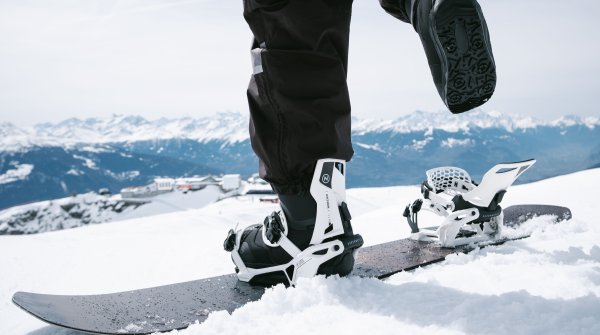 SportsTechStatus quo: Snowboard step-in bindings
SportsTechStatus quo: Snowboard step-in bindings
- Awards
- Mountain sports
- Bike
- Fitness
- Health
- ISPO Munich
- Running
- Brands
- Sustainability
- Olympia
- OutDoor
- Promotion
- Sports Business
- Textrends
- Triathlon
- Water sports
- Winter sports
- eSports
- SportsTech
- OutDoor by ISPO
- Heroes
- Transformation
- Sport Fashion
- Urban Culture
- Challenges of a CEO
- Trade fairs
- Sports
- Find the Balance
- Product reviews
- Newsletter Exclusive Area
- Magazine

